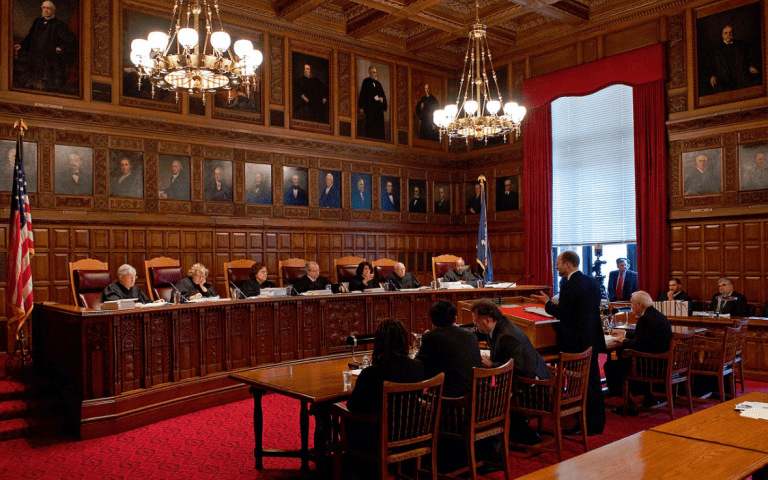Posts
The North Carolina Business Court’s new Rules went into effect January 1, 2017 and apply to every civil action designated as a mandatory complex business case or assigned to a Business Court judge, regardless of whether it was filed prior to the Rules’ effective date. They are meant to supplement, rather than supplant, the Rules…
Read MoreThe North Carolina Business Court’s new Rules went into effect January 1, 2017 and apply to every civil action that is designated as a mandatory complex business case or assigned to a Business Court judge, regardless of whether it was filed prior to the Rules effective date. They are meant…
Read MoreLord & Lindley is pleased to announce Trey Lindley was selected as a Rising Star in Estate and Trust Litigation by Super Lawyers Magazine making this his sixth consecutive Rising Star award with the previous five for Business Litigation. Super Lawyers Magazine recognizes outstanding attorneys who are 40…
Read MoreSeveral causes of action may be pled in conjunction with a claim for breach of fiduciary duty, depending on the facts and circumstances surrounding the case. Attorneys should consider the following claims when filing a breach of fiduciary duty cause of action and determine which, if any, also apply to their clients:…
Read MoreBreach of Fiduciary Duty: A fiduciary is an individual or corporation to whom property or power is entrusted for the benefit of another. Fiduciaries must prudently care for any such assets, and may also have a number of additional duties, depending on the nature of their fiduciary relationship. …
Read MoreAt common law, trustees had a fiduciary duty not to delegate tasks they can perform themselves. However, our current financial system’s increasing complexity makes it unreasonable for many trustees to manage trust assets on their own. The opportunities for investments are endless, and the sophistication of even basic financial instruments has increased since the creation…
Read MoreIn Part 2 of this series, we examined trustees’ duties of loyalty and impartiality. This post will examine the duty to administer trusts prudently and Part 4 will discuss the duty to delegate – or not delegate – in more depth. The duty to administer trusts involves the basic values…
Read More








